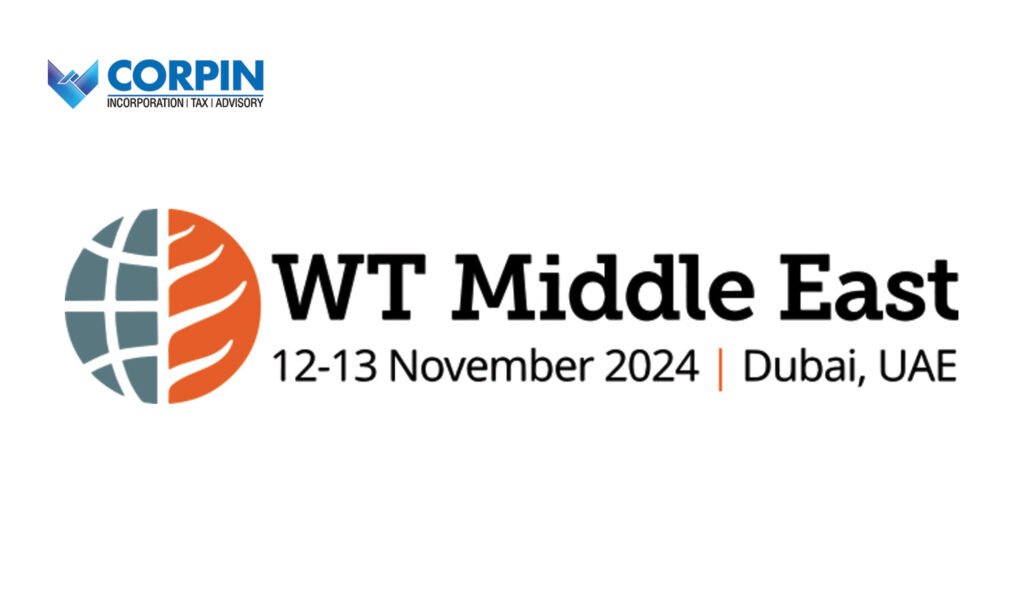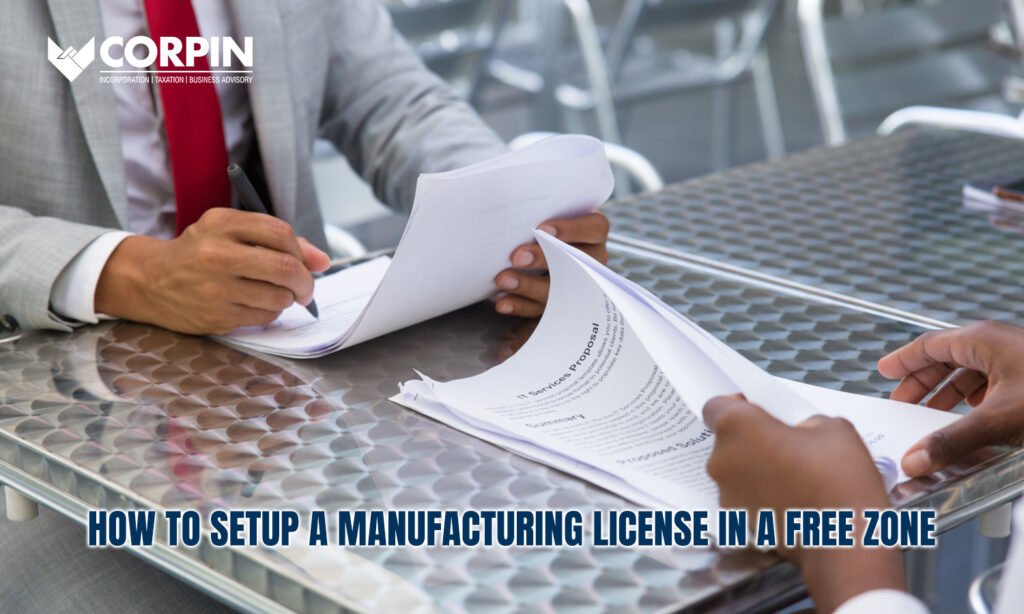How to Choose the Right Business Structure in Qatar
Choosing the right business structure is one of the most important decisions you’ll make when setting up a company in Qatar. The structure you choose will influence various aspects of your business, including your legal obligations, tax responsibilities, ownership options, and overall management. Whether you’re an international entrepreneur or a local resident, understanding the different business structures available in Qatar is key to making an informed decision. Qatar offers several types of business structures, each with its own advantages and limitations. Here’s a breakdown of the most common options: Limited Liability Company (LLC) The Limited Liability Company (LLC) is the most popular form of business structure in Qatar. It’s ideal for small and medium-sized businesses and offers a good balance of flexibility and protection. Branch Office If you are an international company looking to expand into Qatar, setting up a branch office might be a suitable option. Representative Office A representative office is another option for foreign companies looking to establish a presence in Qatar. Qatar Free Zones Qatar also offers specialized business environments known as Free Zones, such as the Qatar Financial Centre (QFC) and the Qatar Science & Technology Park (QSTP). These zones are designed to encourage foreign investment by offering various incentives. Key Considerations When Choosing a Business Structure While each business structure has its advantages, the right choice will depend on a variety of factors. Here are some key considerations to help guide your decision: Your Business Type and Industry The nature of your business is crucial in determining the right structure. For instance, if you’re looking to set up a consultancy, an LLC or branch office might be more appropriate. However, if you’re in the tech or finance sector, a Free Zone might offer more benefits, especially with tax exemptions and modern infrastructure. Level of Control If retaining full control over the business is important to you, a branch office or Free Zone setup may be the best choice, as they do not require a Qatari partner. On the other hand, an LLC requires a local partner, which means sharing ownership and decision-making. Tax Considerations Qatar offers favorable tax conditions, particularly in Free Zones where tax exemptions can be quite attractive. However, if you plan to operate outside the Free Zone or need access to the broader Qatari market, you may need to consider the LLC or branch office options. Liability and Risk If limiting your liability is a priority, an LLC provides the protection you need, as your liability is limited to your investment in the company. Branch offices and representative offices have more direct connections to the parent company’s liabilities, so it’s important to evaluate the risks involved. Making the Right Choice With Corpin Consultants Choosing the right business structure in Qatar is crucial to the success of your company. The structure you choose will impact your operational efficiency, access to funding, and overall business management. It’s important to carefully evaluate your business goals, nature of operations, and long-term plans in Qatar before making your decision. If you’re unsure, consider partnering with Corpin Consultants, one of the best business setup consultants in Qatar. Their expert team can guide you through the complexities of Qatari business law and help you select the optimal structure for your company. With the right support, you can establish a business that thrives in Qatar’s dynamic and rapidly growing economy. Take the time to research your options and build a strong foundation for your business with Corpin Consultants by your side.












 Book your Free Consultation
Book your Free Consultation